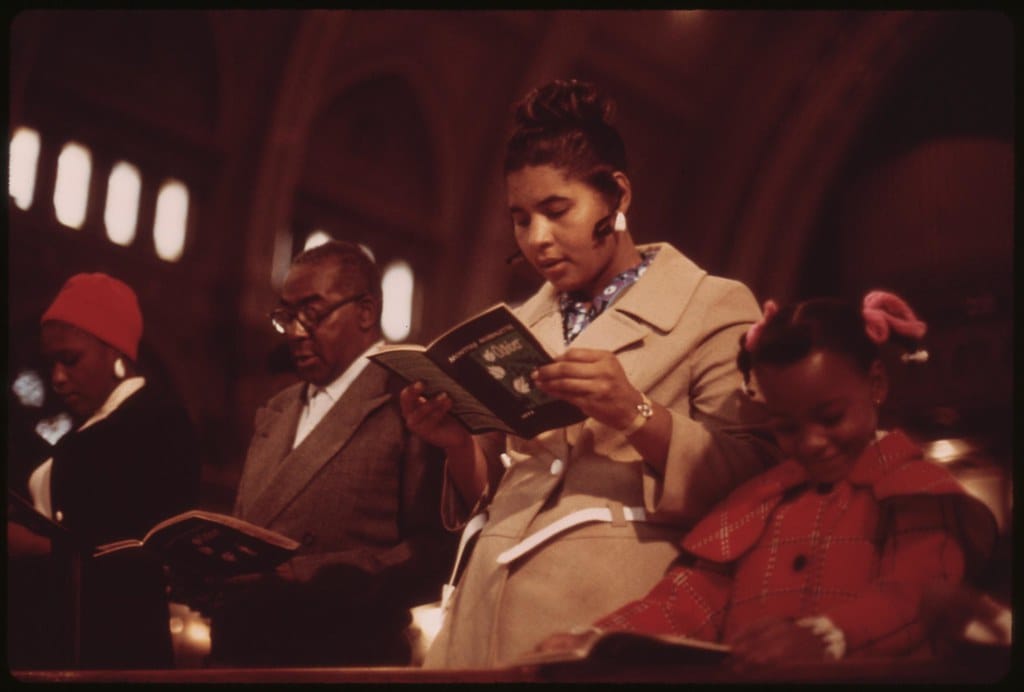Internet Archive Settles Legal Battle With Record Labels, Ending Era of Free Historic Music Access
The Internet Archive has officially ended its contentious legal battle with major record labels, marking the conclusion of a high-profile copyright dispute that has reshaped how historic recordings are preserved and accessed online. The settlement, announced this week, brings closure to a case that pitted digital preservation advocates against the music industry's copyright guardians.
The Battle Over Digital Music Heritage
The legal conflict began in 2023 when the Recording Industry Association of America (RIAA), representing major labels including Universal Music Group, Sony Music Entertainment, and Warner Music Group, filed a lawsuit against the Internet Archive. At the heart of the dispute was the Archive's practice of digitizing and providing free access to thousands of historic recordings, including rare 78 RPM records, vintage albums, and out-of-print music dating back to the early 20th century.
The record labels argued that the Internet Archive's "Great 78 Project" and similar initiatives constituted massive copyright infringement, potentially costing the industry millions in licensing revenue. The Archive, meanwhile, maintained that its mission was educational and preservational, arguing that many of these recordings would otherwise be lost to history due to the deteriorating nature of physical media.
What the Settlement Means
While specific financial terms of the settlement remain confidential, the agreement effectively requires the Internet Archive to remove approximately 400,000 copyrighted recordings from public access. The organization will retain the ability to preserve these materials but can no longer offer them for free streaming or download to the general public.
"This settlement allows us to continue our core mission of digital preservation while respecting the intellectual property rights of creators and rights holders," said Brewster Kahle, founder and Digital Librarian of the Internet Archive, in a statement following the announcement.
The RIAA hailed the settlement as a victory for artists' rights and proper licensing protocols. "This resolution ensures that creators and rights holders maintain control over their intellectual property while supporting legitimate preservation efforts," said RIAA Chairman and CEO Mitch Glazier.
Impact on Researchers and Music Historians
The settlement has significant implications for musicologists, researchers, and history enthusiasts who relied on the Internet Archive's vast collection of historic recordings. Many of these materials are unavailable through commercial streaming services or are prohibitively expensive to access through traditional archives.
Dr. Sarah Martinez, a music historian at Columbia University, expressed concern about the decision's impact on academic research. "The Internet Archive democratized access to music history in unprecedented ways. While we understand the copyright concerns, this creates real barriers for scholars and students studying American musical heritage."
The settlement particularly affects access to recordings from the 1920s through 1960s, including jazz, blues, country, and early rock and roll recordings that document crucial periods in American music history. Many of these recordings exist nowhere else in digital format, making them effectively inaccessible to most researchers and music fans.
The Broader Digital Preservation Debate
This case highlights the ongoing tension between copyright protection and digital preservation efforts. The Internet Archive has faced similar challenges with its book digitization program and faces an ongoing lawsuit from major publishers over its Controlled Digital Lending program.
Legal experts note that this settlement may set precedent for how cultural institutions handle digitization of copyrighted materials. The case underscores the need for updated copyright frameworks that balance preservation needs with creators' rights in the digital age.
"We're seeing the collision of 20th-century copyright law with 21st-century preservation technology," explained intellectual property attorney Lisa Chen. "This settlement may influence how museums, libraries, and archives approach digitization projects going forward."
Looking Forward
The Internet Archive plans to redirect its resources toward materials in the public domain and works where it has obtained proper licensing. The organization is also exploring partnerships with rights holders to create legitimate pathways for accessing historic recordings while compensating creators and labels.
For music lovers and researchers, the settlement serves as a reminder of the complex legal landscape surrounding digital access to cultural heritage. While the immediate result is reduced access to historic recordings, the case may ultimately spur new models for balancing preservation, access, and copyright protection in the digital era.
The end of this legal battle marks not just a resolution between two parties, but a defining moment in how society navigates the preservation of its cultural memory in an increasingly digital world.
